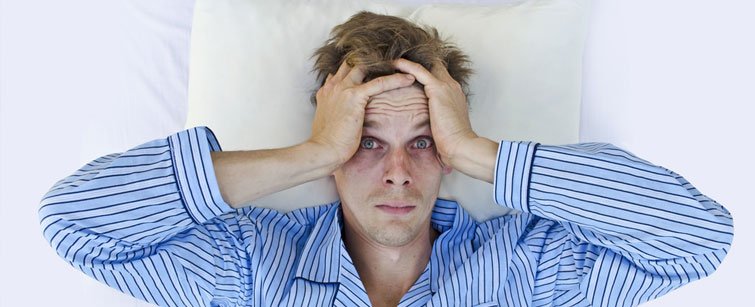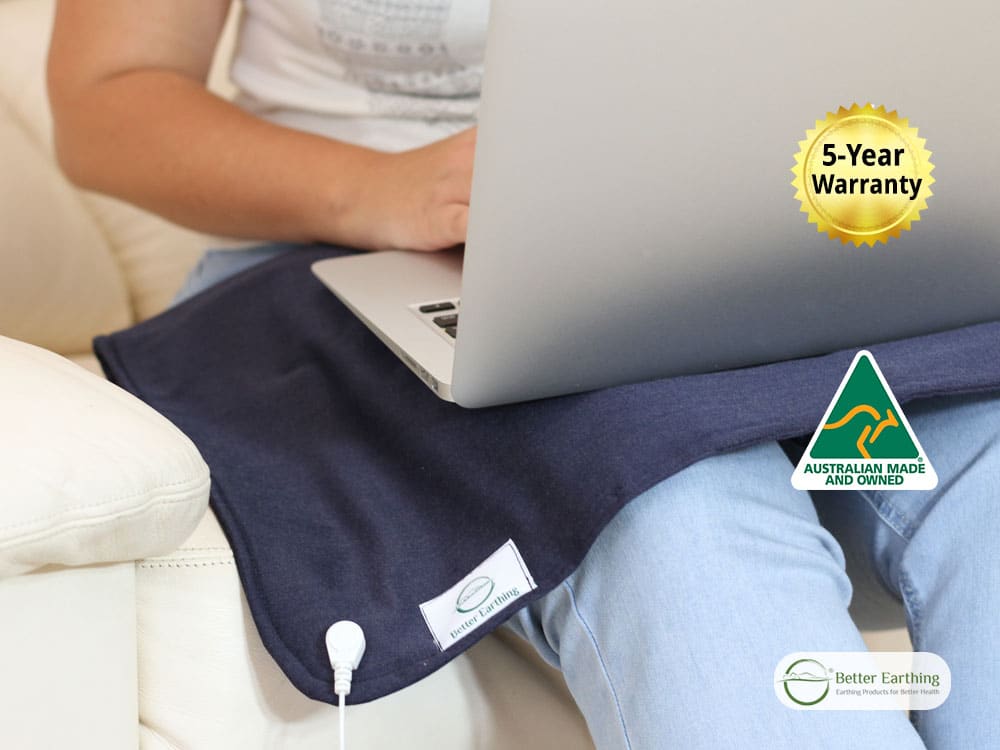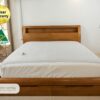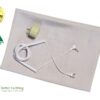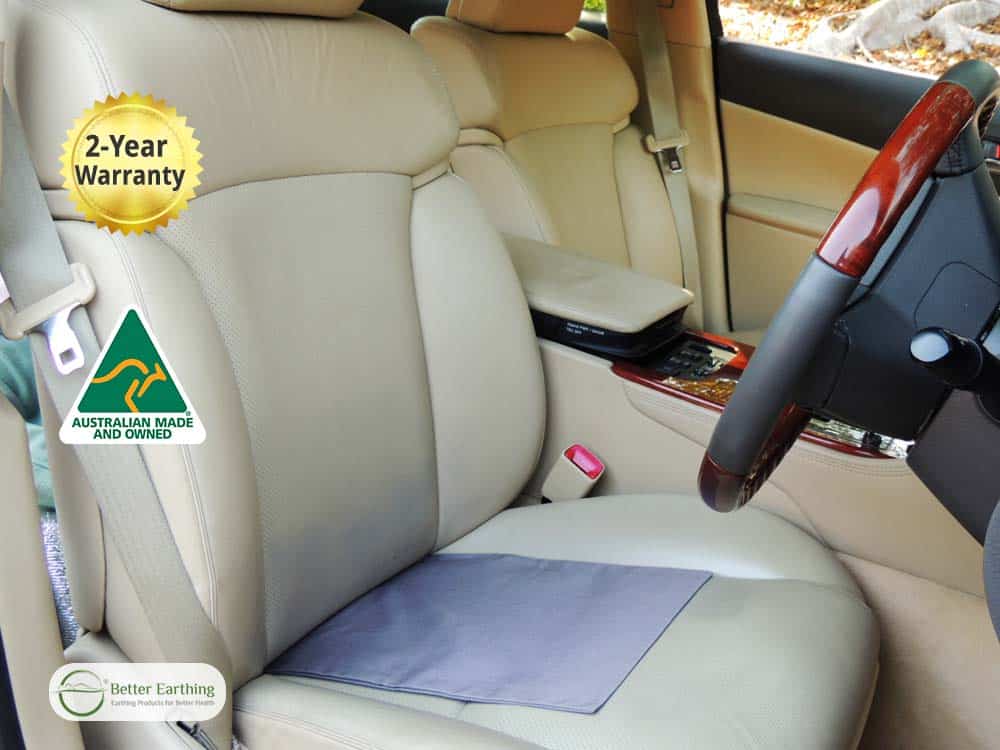How many days in a week do you get 8-10 hours of uninterrupted sleep? If your answer is anywhere less than 5 days, it’s high time you stop ignoring your sleep troubles. Sleep disturbances are a widespread problem in today’s society on a global scale. Several factors are likely to keep you or anyone tossing and turning on the bed at night trying hard to catch a wink or two. Stress, a tight schedule, work, medical illnesses, hormonal imbalances, aches, and pains are just some such factors.
Among medical illnesses, BPH or prostate enlargements top the list of sleep disrupters among the male population. Well, you go to bed at your usual bedtime and even fall asleep quickly, but in a few hours, you wake-up with a strong urge to urinate. However, all that comes out is a slow trickle of urine. If you are lucky, you may manage to fall asleep again, but are roused for the second time with an urge to urinate, and this happens a few more times through the night. You are either unable to fall asleep at all after these interruptions or even if you do fall asleep, it’s a very restless and disturbed sleep that leaves you feeling lethargic and fuzzy the next morning. This is usually how the night goes for men with enlarged prostate glands. If you add the rest of the sleep disrupters to this picture, you are likely to have extremely low sleep quality with extreme drowsiness during the daytime, an inability to concentrate on your chores, and low productivity in general.
To add to your prostate troubles, the numerous electronic gadgets around you are likely to keep you awake too. Working on your laptop or watching the idiot box late into the night or a constantly beeping cell phone, are just a few such examples.
So, if you have been depending on caffeine to keep yourself awake or sleeping pills to fall asleep, it’s time to ditch them for earthing. Here’s how earthing can help you sleep better and wake up less often, despite your enlarged prostate and stressful lifestyle.
Disturbed sleep in relation to your prostate and stress
Benign prostatic enlargement (BHP) or Benign enlargement of prostate (BEP) are non-cancerous enlargements of the prostate gland in males as suggested by the name. The prostate gland is a donut shaped gland encircling the urethra at the base of the penis that secretes fluids to nourish the sperms. Men above 40 are likely to begin undergoing several changes within their prostate glands. In fact, 50% of the men above 50 and 75% of the men above 80 show some histological evidence of BHP. 40-50% of these men go on to develop clinical symptoms of BHP. Such prostate glands gradually grow bigger. This increase in size tends to block the urethra partially, as this gland surrounds the urethra from all sides. Since, the urethra drains urine out of the bladder such a block impedes free flow of the urine out of the bladder. As a result, the bladder remains only partially or incompletely drained every time you urinate. The moment your bladder is full, your body signals to urinate. But, the enlarged prostate gland does not let you complete the process, thus leaving behind residual urine in your bladder.
To put this more simply, imagine holding a hosepipe. The water gushes out of the pipe with enough pressure and a good flow while you grip the pipe lightly. But, what happens if when you tighten your grip around the hosepipe? The water stops for a moment, followed by a slow trickle of water as the water coming from the tap begins to exert pressure around the blockage. This is exactly how your enlarged prostate, urethra, and urine behave. Hence, you want to urinate frequently within a short span of time, eventually ending up with disrupted sleep patterns at night.
Sadly, BHP medications do provide some amount of relief, but they hardly reduce the nighttime trips to the bathroom. Even with regular medication, you are likely to wake up at least once or twice through the night. These frequent interruptions can also affect your productivity at work. Low concentration and drowsiness mean a difficulty to keep deadlines, subsequently increasing your stress levels too. Luckily, earthing can help rescue you from this vicious cycle. Even eminent scientists think so. Let’s see how!
Wake up less with Earthing
Electricity and electromagnetic fields are everywhere. Your body works on electrical stimuli like nerve impulses, muscle contractions, and inflammatory changes to produce positively charged ions. On the other hand, the earth remains negatively charged with the help of mobile electrons released by natural phenomenon like the gushing of water, wind, and sunlight. Hence, grounding to the earth’s surface by sleeping while earthed or keeping earthing mats below your feet generates a connection between your body and the earth. This enables the flow of free electrons within your body that bond with the positively charged ions to nullify them. These positive ions are also referred to as free radicals. Positive ions lack an electron and are likely to cause damage within your body in search of free electrons to neutralise themselves. Hence, earthing provides a free flow of mobile electrons from the earth that nullify the free radicals.
This in turn improves the cortisol levels within your body. Cortisol is an important hormone that regulates sleep patterns. During the day, your cortisol levels are higher to keep you energised, whereas they are lower at night to help you fall asleep. Generally, stress and chronic illnesses like BHP are likely to keep your cortisol levels persistently high. Hence, Earthing normalises the cortisol levels to give you better quality of sleep.
Still not convinced? Two independent pilot studies have shown that earthing does help. Ober concluded through his study with 60 subjects that earthing improved sleep and provided symptomatic relief. Ghaly and Teplitz found that the subjects slept better with earthing and woke up less through the night due to improved cortisol levels.
What’s stopping you then? Make time to ground yourself by walking barefoot in the garden daily or buy yourself an Earthing Sleep System to reduce inflammation in your body and half those night time trips to bathroom.
References:
Ghaly M, Teplitz D. The biologic effects of grounding the human body during sleep as measured by cortisol levels and subjective reporting of sleep, pain, and stress. Journal of Alternative and Complementary Medicine. 2004;10(5):767–776.
Ober C. Grounding the human body to neutralize bioelectrical stress from static electricity and EMFs. ESD Journal, January 2000.


